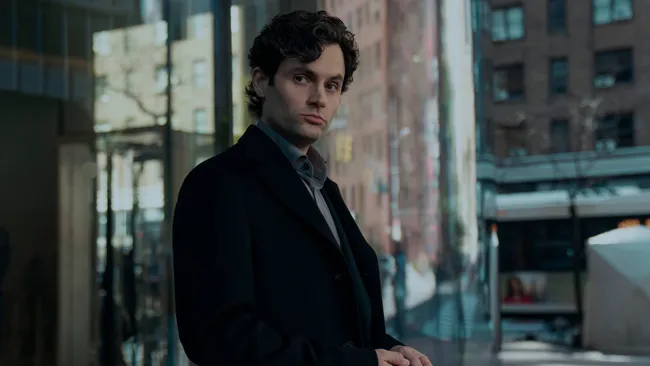Popular Hollywood actor Penn Badgley, best known for his roles in You and Gossip Girl, recently opened up about his spiritual journey and the practices that help him stay centered amidst the demands of life and his acting career.
In an interview with USA Today, Badgley shared the books and spiritual routines that aid him in managing stress and staying grounded while taking on emotionally intense roles. In a surprising revelation, he mentioned keeping a copy of the Quran on his nightstand and occasionally reading verses from it.
“I do have the Quran actually on my nightstand, and I will occasionally reflect on the verses in it,” he said, offering a rare glimpse into his spiritual reflections.
He also expressed an appreciation for classic literature, calling Dracula “a good book.” But his spiritual practice extends beyond reading. Badgley revealed that his day typically begins with a specific Baháʼí prayer ritual.
Read more: Apple braces for $900M hit amid trade tensions and supply chain shift
“My morning routine is typically chaotic due to the children and work, but there’s one thing that I always prioritize,” he shared.
This priority is the “Long Obligatory Prayer,” a central component of the Baháʼí faith. “The prayer is approximately 15 minutes, and I have it memorized. I’ve been saying it for years because I adore it. If I hurry, I can get through it in seven minutes, and then I meditate for two minutes—making it a nine-minute spiritual practice,” he explained.
Whenever he has the time, Badgley prefers to recite the prayer slowly and mindfully, using it to start his day with calm and purpose.
Read more: Roman to explore Galaxies as Juno maps Jupiter’s fury
“If I can steal away 15 to 20 minutes to do all this, it’s a luxury,” he added. “It makes me think about the deeper truths of life and reminds me of what it is to live a good life.”
Badgley’s reflections come at a time when the global focus on spiritual well-being and mental health is growing. His insights suggest that even with fame and professional success, the inward search for meaning remains vital—and often leads one back to sacred texts and meditative rituals.














